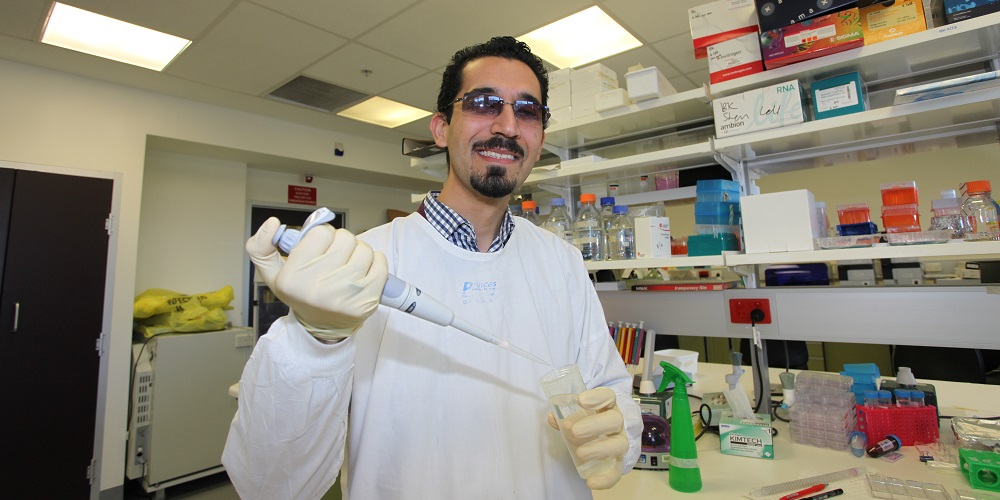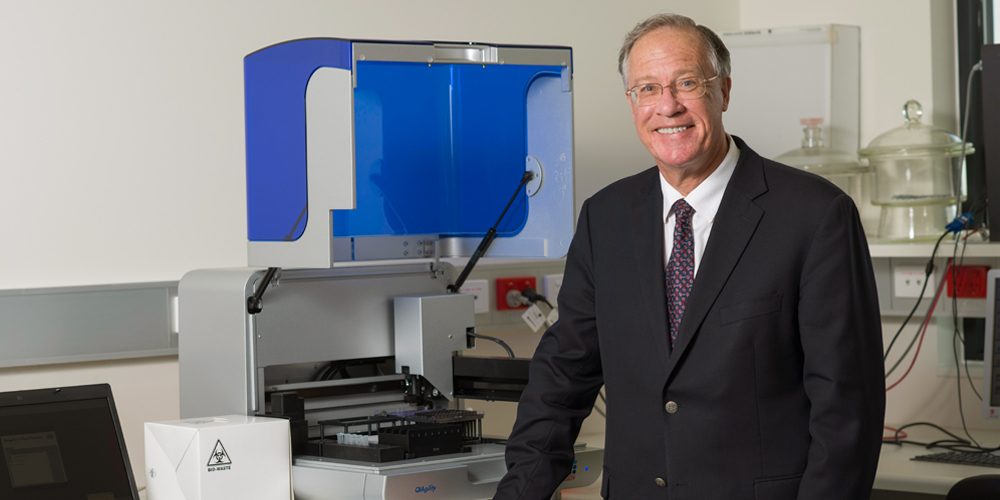
The Women’s researchers are seeking the “fountain-of-youth” in stem cells in a bid to stop or delay placental ageing, the Herald Sun has reported today.
PHD student Ramin Khanabdali said rapid ageing of a placenta in some women late in the pregnancy may be associated with a higher risk of still birth.
Babies born after 42 weeks gestation are at five times the risk of still birth compared to babies born at 37 weeks.
Head of the Women’s Pregnancy Research Centre, Professor Shaun Brennecke, said the group was investigating the role of stem cells in placental ageing, and if it was a normal or accelerated process.
“There has long been the thought that stillbirth has something to do with the placenta running out of puff, and not being able to keep up with the metabolic demands the baby has for food, nutrition and oxygen,” Prof Brennecke said.
“Sometimes, babies are quite well grown or not suffering obvious health problems, but within a few days, the placenta can fail their needs. The question is, what is that mechanism of placental ageing?”
Mr Khanabdali said that delaying or halting stem cells’ ageing was the ultimate aim.
“If we can keep the placenta young, it may reduce the likelihood of stillbirths.”
Mr Khanabdali, a member of the team led by Doctors Bill Kalionis and Harry Georgiou, isolated stem cells from human placenta samples and grew them in the laboratory. The samples were cross-matched for factors including the mother’s age and BMI, and compared as two groups: 37-39 weeks and over 41 weeks’ gestation.
The study, presented at the Women's Reserach Week, confirmed that there was a significant increase in key hallmarks of stem cell ageing in the over 41 weeks’ gestation group including cell death, inflammation and resistance to oxidative stress.
Read related content from the Women's
-
Placenta problems
Any bleeding is later pregnancy is most likely to indicate a problem with your placenta. If you are bleeding, you will need medical attention.
Learn more -
 Major breakthrough in predicting pre-eclampsia in pregnant women
Major breakthrough in predicting pre-eclampsia in pregnant womenMajor step forward in identifying women who could develop pre-eclampsia during pregnancy
Learn more